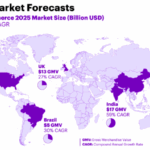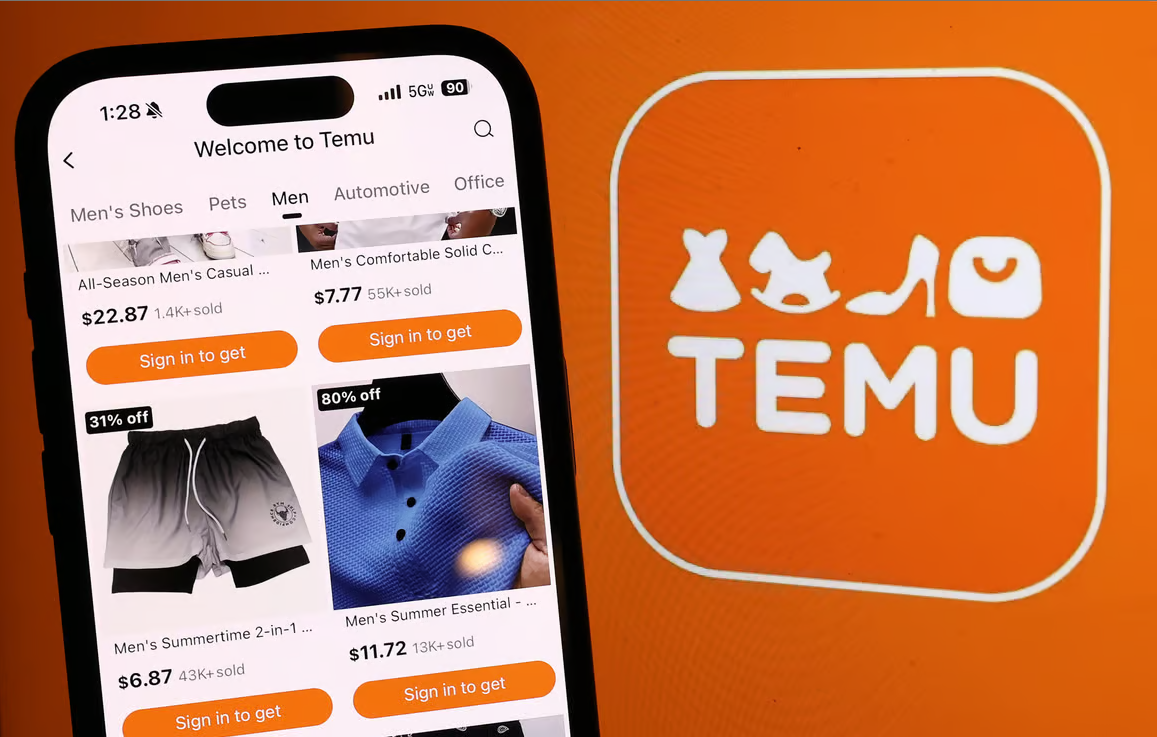Temu, a fast-growing online shopping platform, is gaining attention around the world for its wide range of products and low prices. Since launching in the United States in 2022, the company has expanded to the UK and many other countries, now offering deliveries to about 50 nations.
Temu sells almost everything — clothes, electronics, home goods, tools, toys, and even furniture — all in one place. Its growth has been rapid, and it is now one of the most downloaded shopping apps in several countries. Customers are drawn in by the low prices, constant discounts, and the ease of shopping through its mobile app.
Retail expert Neil Saunders described Temu as “Amazon on steroids.” The comparison comes from Temu’s large product range and aggressive pricing, often undercutting competitors. The company’s slogan, “shop like a billionaire,” reflects its aim to make even the most expensive-looking items affordable to the average person.
Temu is owned by PDD Holdings, the same parent company as Chinese e-commerce giant Pinduoduo. PDD Holdings is listed on the US stock exchange and often competes with Alibaba for the title of the most valuable Chinese firm trading in the US. As of now, PDD’s market value is just under $150 billion (£117 billion).
One of Temu’s key strategies is its direct-from-supplier model. Most items are shipped directly from factories in China, which helps reduce costs. However, this also means delivery can take longer than usual — sometimes more than a week. For many customers, the savings are worth the wait.
Despite its success, Temu has faced criticism as well. Concerns have been raised over product quality, customer service, and the environmental impact of cheap, fast-shipped goods. Some reports have also pointed to labour practices in the supply chain. Temu has responded by saying it is working to improve customer support and increase transparency.
Temu’s presence in the market shows how quickly shopping habits are changing. With people now more comfortable buying from international platforms and waiting a few extra days for delivery, traditional online retailers may need to adjust their own models to keep up.
Whether Temu can keep its pace and build long-term trust with customers remains to be seen. But for now, it has made a strong impact in a short time and is forcing larger companies to take notice.










